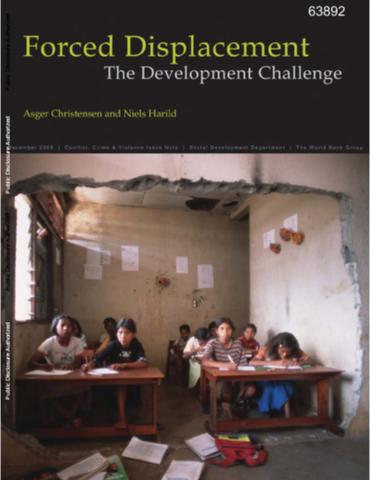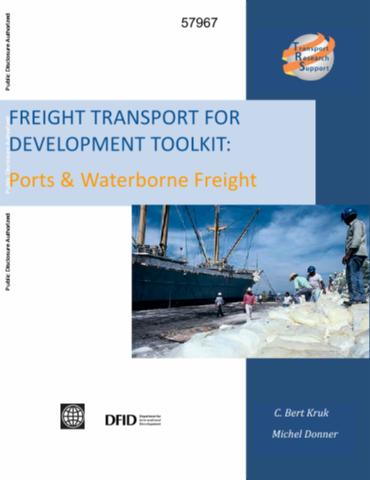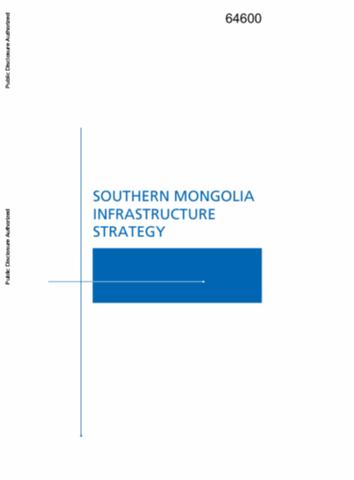Forced Displacement
This note discusses the development dimensions of forced displacement, and the potential role of the World Bank to address these dimensions and contribute to durable solutions for group's who have returned from or are in displacement situations. For the purposes of this note, forced displacement refers to the situation of persons who are forced to leave or flee their homes due to conflict, violence, and human rights violations.





